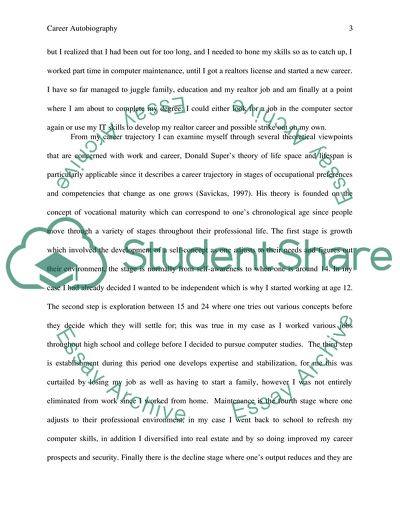Cite this document
(“Career Self-Efficacy Theory Research Paper Example | Topics and Well Written Essays - 1500 words”, n.d.)
Career Self-Efficacy Theory Research Paper Example | Topics and Well Written Essays - 1500 words. Retrieved from https://studentshare.org/social-science/1834575-career-counciling
Career Self-Efficacy Theory Research Paper Example | Topics and Well Written Essays - 1500 words. Retrieved from https://studentshare.org/social-science/1834575-career-counciling
(Career Self-Efficacy Theory Research Paper Example | Topics and Well Written Essays - 1500 Words)
Career Self-Efficacy Theory Research Paper Example | Topics and Well Written Essays - 1500 Words. https://studentshare.org/social-science/1834575-career-counciling.
Career Self-Efficacy Theory Research Paper Example | Topics and Well Written Essays - 1500 Words. https://studentshare.org/social-science/1834575-career-counciling.
“Career Self-Efficacy Theory Research Paper Example | Topics and Well Written Essays - 1500 Words”, n.d. https://studentshare.org/social-science/1834575-career-counciling.


